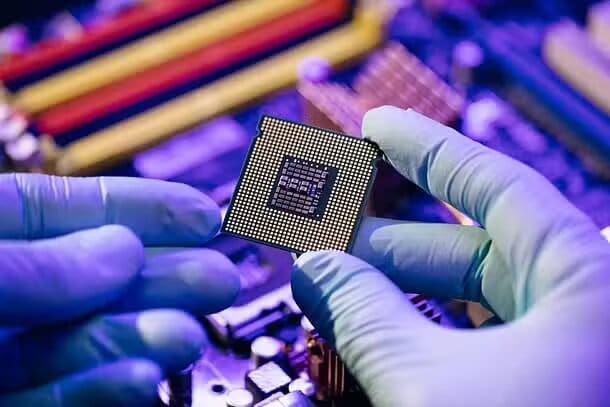The Indian government is considering extending the fiscal support period for the second phase of the India Semiconductor Mission (ISM) from five to eight years. Projects approved under ISM Phase-II may receive additional financial grants, including funding for employee skill development, interest-free government loans, and assistance from the Ministry of Electronics and Information Technology (MeITY) for access to domestically produced chips.
Phase-II of ISM may see a shift in focus, with reduced financial support for technology transfer costs and greater emphasis on funding administrative expenses. Additionally, financial incentives for chip packaging units, such as assembly and testing plants (ATMP/OSAT), are expected to decrease from 50% to below 30%, with the government aiming to attract more chip fabrication companies to India.
Successful applicants could also receive incentives ranging from 30% to 35% of their total capital expenditure for establishing units related to raw materials, chemicals, metals, and other essential sectors. So far, the government has invested $11 billion in subsidies to boost semiconductor manufacturing, with three units already underway and a fourth recently approved.
These projects include a chip fabrication unit in Dholera, Gujarat, and four assembly and testing plants, with three located in Sanand, Gujarat, and one in Morigaon, Assam. Phase-II of ISM may see the programme’s total outlay increase to $15 billion, continuing to drive India’s semiconductor industry growth.


Recent Comments